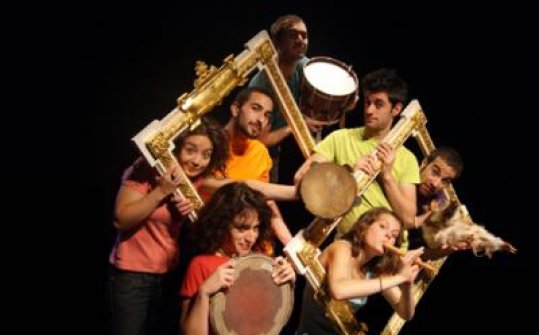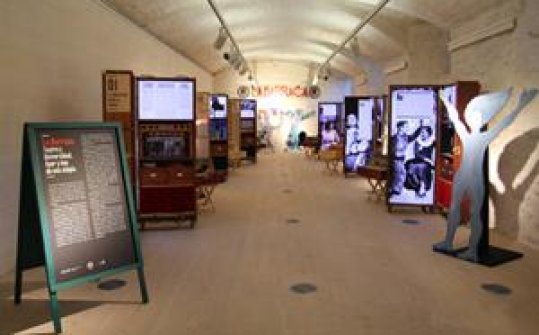Javier Huerta Calvo, Professor of Spanish Literature at the Universidad Complutense, presided over this course, which for five days brought together some fifteen specialists from the field of education and academia, including Fernando Domenech, Juan Manuel Álvarez, Juan Antonio Ríos, Ángel Martínez Roger, Juan Aguilera Sastre, Abel González Melo, Emilio Peral Vega, Javier Navarro, Antonio López, César Oliva, Mariano Gracia, Alejandro González Puche and Domingo Ortega; literary critics and dramatists such as Juan Manuel Bonet, Jerónimo López Mozo and Ignacio Amestoy; theatre directors in the form of Guillermo Heras and Helena Pimentay, along with performers including Alicia Hermida.
 La Barraca
La Barraca





